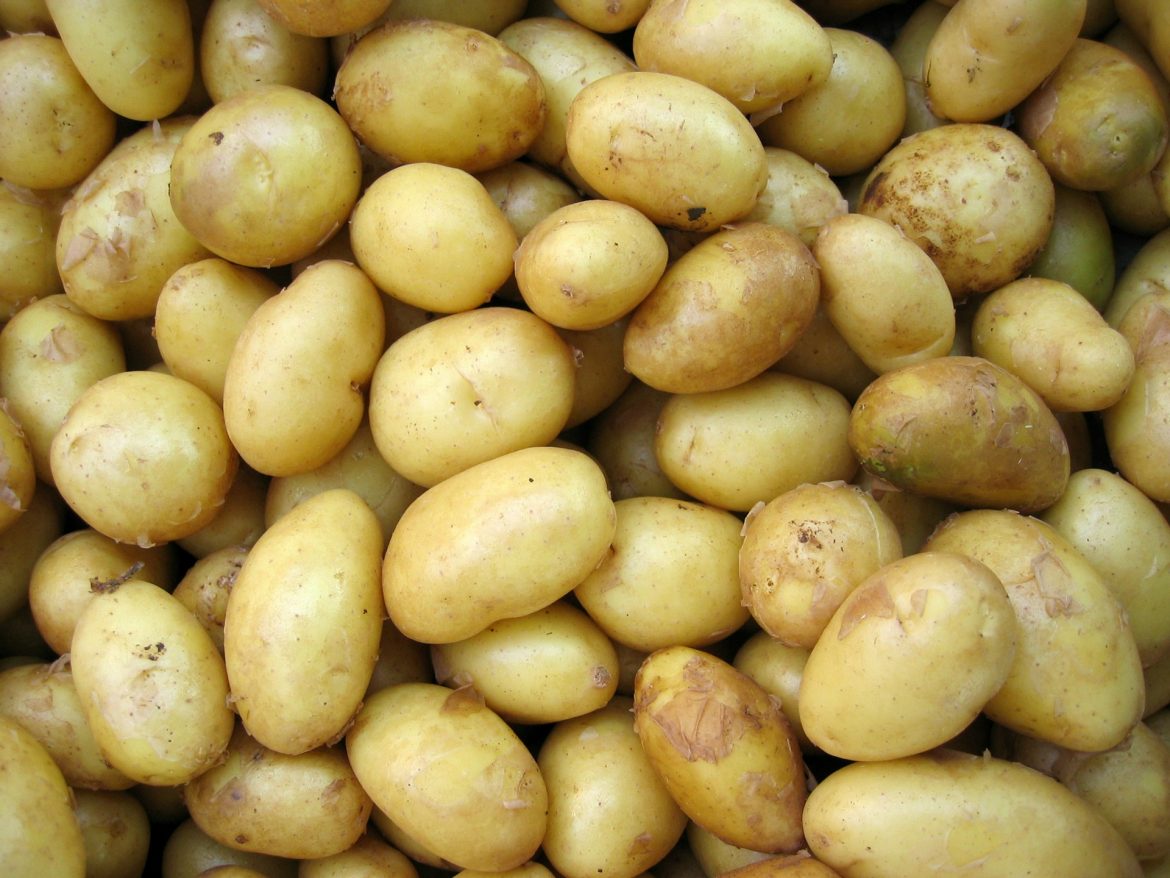In a recent update at the Potato Expo in Austin, TX, industry experts shed light on the increased access gained by the U.S. potato industry to the interior Mexican market after two years of persistent efforts. The panel, featuring National Potato Council CEO Kam Quarles, consultant Matt Lantz of Bryant Christie Inc., and Kim Breshears of Potatoes USA, outlined the challenges faced, the strategies employed, and the plans for future business development in Mexico.
Just two years ago, the Mexican potato market was highly disputed and entangled in political maneuvering. However, the U.S. industry persevered and successfully extended access beyond the initial 26-kilometer border region. Kam Quarles credited the collaborative efforts of the team in Mexico, particularly in the legal and regulatory arena, for overcoming challenges. The breakthrough occurred when the U.S. tied the issue to exports heading north, providing leverage that was previously lacking.
Matt Lantz, who specializes in opening foreign markets for U.S. agricultural commodities, highlighted the history of negotiations dating back to 2003 when the border region was first opened for U.S. potato shipments. Despite initial hopes to broaden access, negotiations continued for the next 10-15 years, facing opposition from a Mexican grower group using phytosanitary and legal claims. Legal representation was eventually hired in Mexico, leading to a unanimous ruling by the Mexican Supreme Court in favor of increased access in April 2021, with shipments to the interior commencing in May 2022.
While acknowledging the opposition from the grower group, Lantz emphasized that compliance efforts must persist. The Mexican government has accepted U.S. access to the market, and a more transparent regulatory environment is emerging.
Kim Breshears, Chief Marketing Officer at Potatoes USA, discussed the organization’s role in growing the Mexican market. With in-country representatives and established relationships, Potatoes USA had a strong start when access was granted. Collaborations with Mexican retailers expanded from wholesalers and warehouses to mainstream retailers. The next phase involves engaging with chefs and foodservice in Mexico. Breshears highlighted the importance of gradual market entry, given the smaller U.S. crop in recent years.
Export volumes to Mexico are on the rise, prompting efforts to educate Mexican consumers about U.S. potato varieties. Potatoes USA is working with the retail community, leveraging influencers, and developing content on recipes to showcase the value of U.S. potatoes.
Addressing a question on the parallels with avocados, which faced similar disputes 25 years ago, Quarles noted that full access for Mexican avocado shipments to the U.S. resulted in increased demand. Breshears emphasized that the goal is not to replace Mexican potatoes but to supplement the domestic market. The industry recognizes significant unmet demand in Mexico.
Looking ahead, Lantz stressed the importance of maintaining course and exercising caution with shipments to Mexico, ensuring continued success in the expanded market access.






